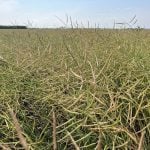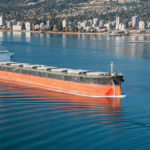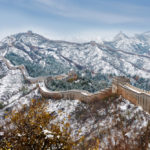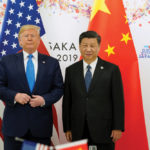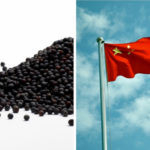As the World Trade Organization faces a crisis that renders it impotent and potentially on the verge of dissolving, Manitoba farmers are facing more trade uncertainty than ever. “We’re really in unchartered territory here,” University of Manitoba agricultural economist Ryan Cardwell said in an interview Dec. 12, while attending a trade meeting in Washington, D.C.
